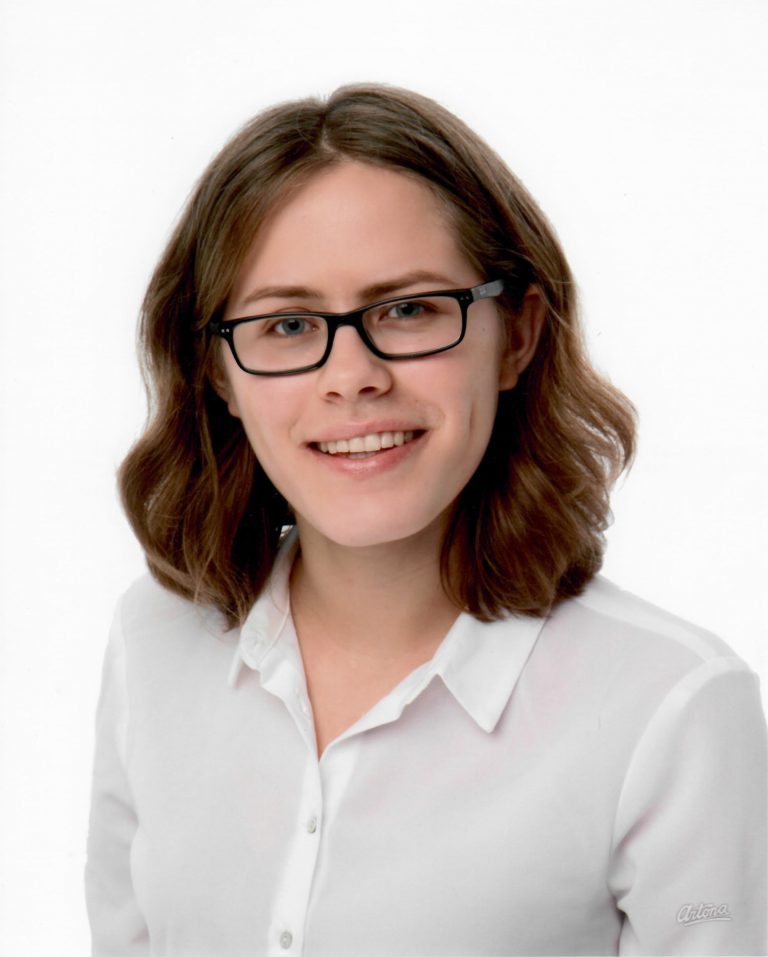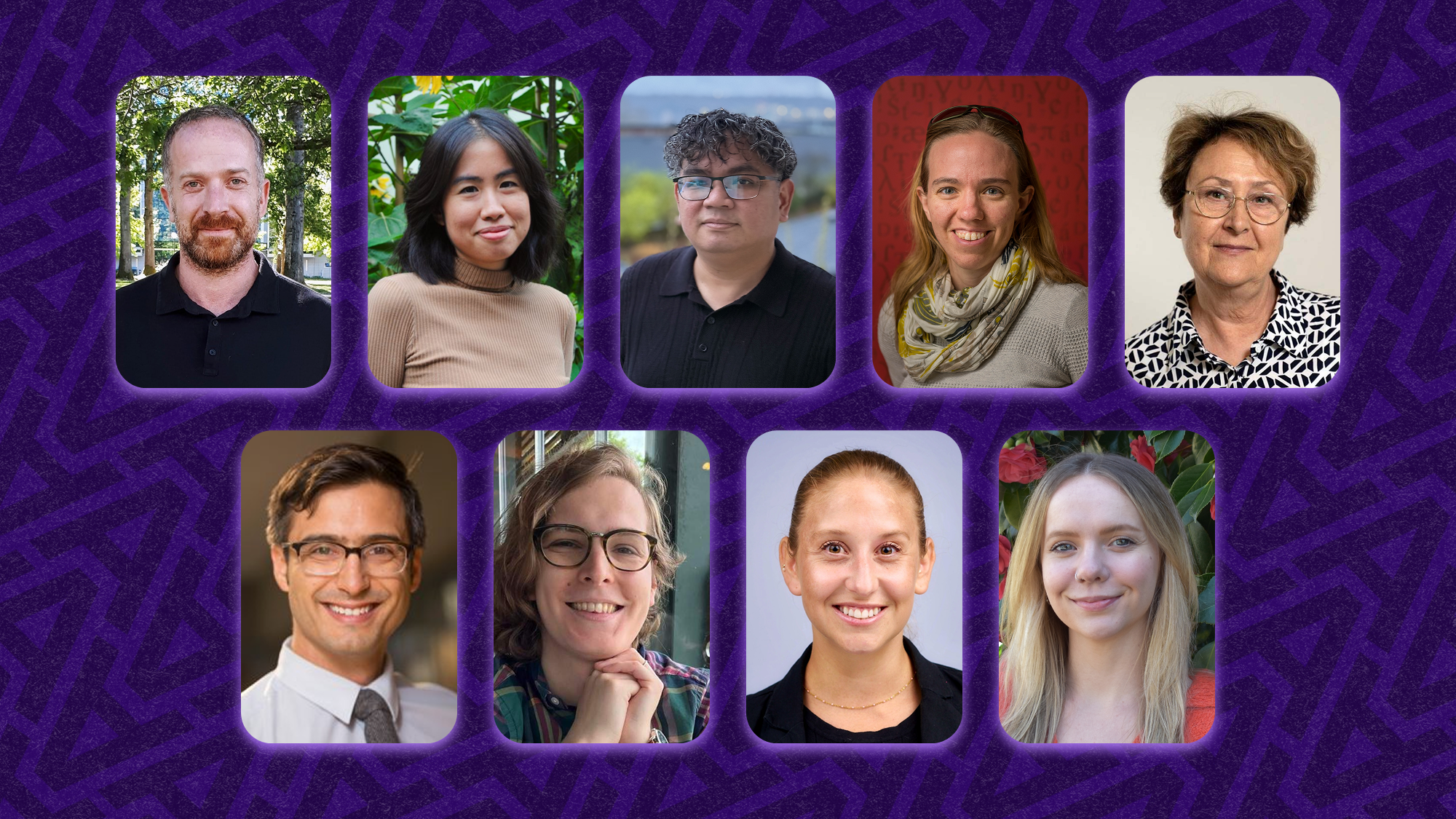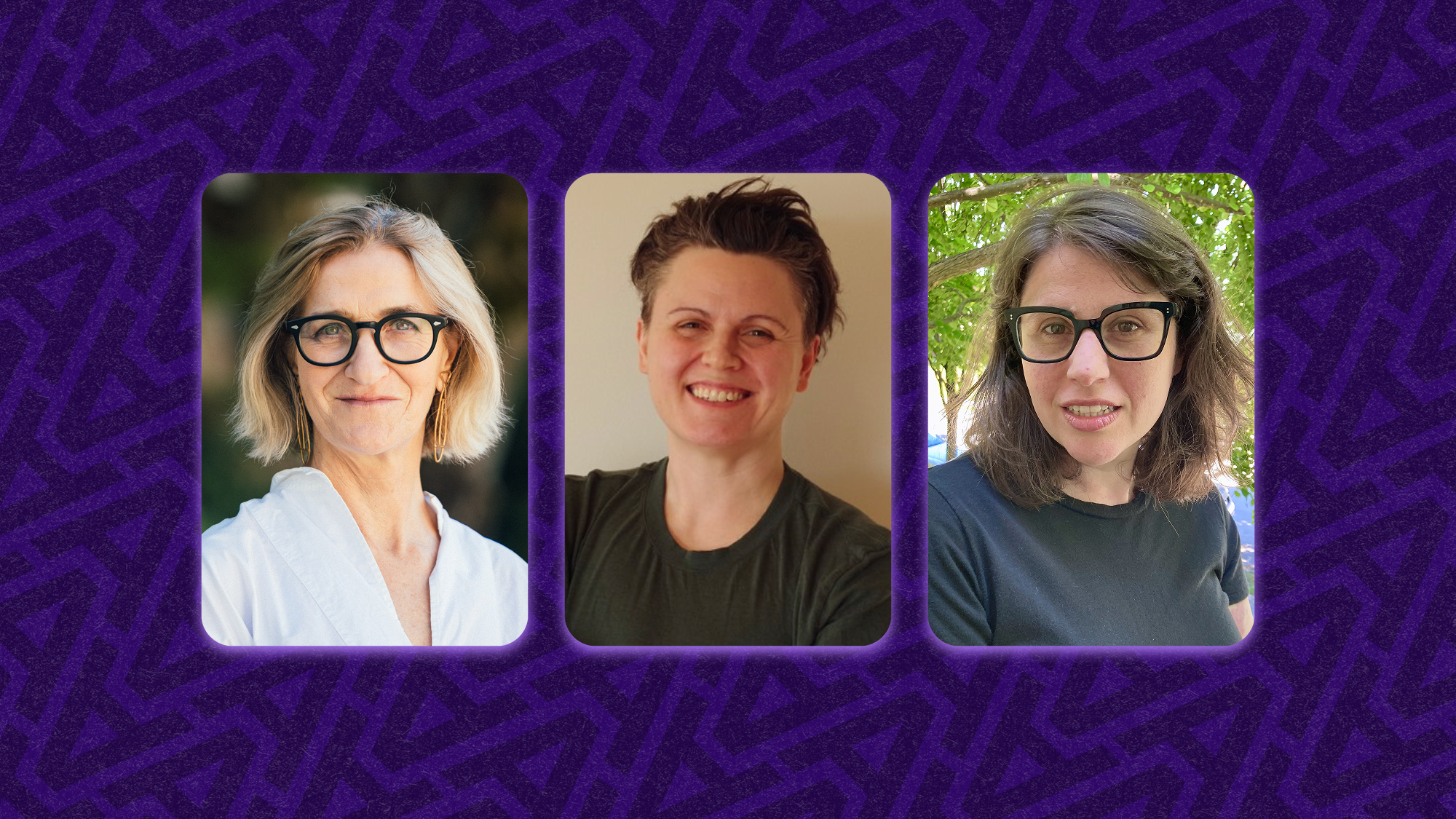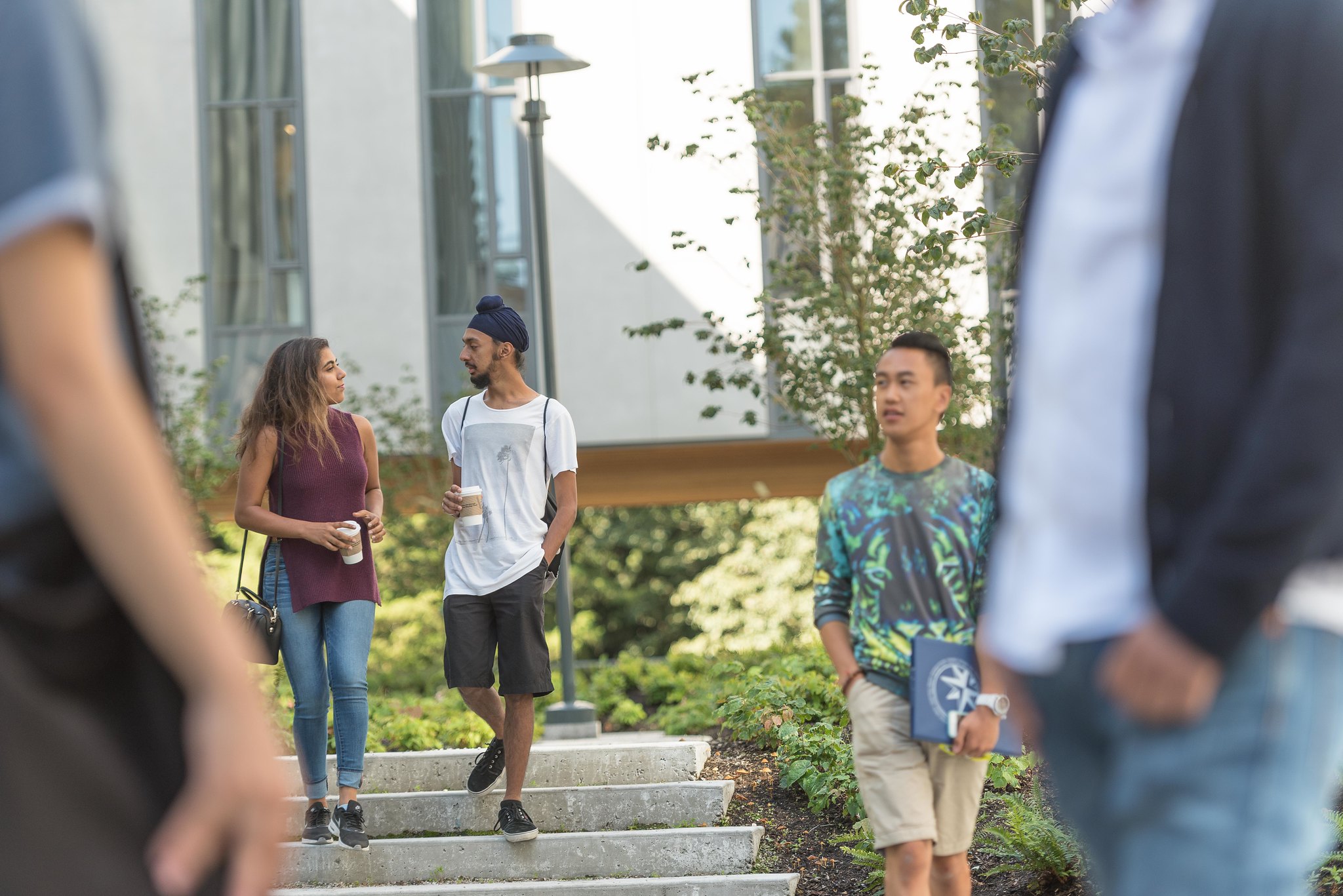Anangons Johnson-Owl grew up on Treaty Four territory of the Cree/ Nehiyah in Southern Saskatchewan. Her ancestral lands are located in Sagamok Anishnawbek, part of the Robinson-Huron treaty, in Ontario; as well as in Montreal Lake First Nation/ Molanosa in northern Saskatchewan, and in Sweden. In 2017, Anangons finished her undergraduate degree in Sociology at the University of British Columbia. While there, she worked on the Sociology Student Association, gained meaningful friendships, and connected to diverse Indigenous peoples. Following graduation, Anangons applied to the Aboriginal BC Internship Program, read on to learn more!
Hi Anangons! Could you tell me a little bit about the Aboriginal BC Internship and how you got involved?

The Aboriginal BC Internship (AYIP) is a paid internship for Aboriginal Youth, ages 19-29, aiming to expand leadership skills, to foster relationships between aboriginal peoples/ organizations and the provincial government, to consider public service as a career, and help close social and economic gaps between Aboriginal people and British Columbians. You will be placed in a ministry position and then in an Aboriginal organization. Throughout you will experience personal growth as you adjust to these new worlds and offer your specific skills to projects, assignments, and people.
I learned about AYIP through my Aboriginal Academic Advisor, Karlene. We talked in my last year about my options post-graduation. I was considering grad school, a professional school, and a different undergraduate program. She pulled out a brochure for the AYIP as an option for me to consider because her sister had great experiences in it. I left with confidence and inspiration to apply for the internship.
Your cohort started in fall of 2017, how is it going so far?
My cohort is filled with twenty-five diverse and strong Aboriginal Youth. Our cohort represents Year 11, which speaks to AYIP’s persuasiveness and transformative powers. At times daunting, youth represent the future and instil a confidence that our next generations will be well looked after. We have to understand this responsibility and this internship allows us to realize where we can help.
For myself, I am learning how to have compassion in a healthy way. Each of us represents our families, our communities, and our nations and we have to work for a government who historically have not treated Indigenous peoples humanely. Despite all of this, we negotiate our connections with our positions and try to create meaningful work.
Many students wonder about how their Arts degree will prepare them for their future career. How did your undergraduate degree help prepare you for the internship program?
The first half of my sociology degree was spent preparing for medicine. Through experiencing both science and arts worlds, it is my opinion that an Arts degree allows for growth in compassion, understanding, and humility. Arts has flexibility for students focusing on their passions. In all of my classes, I unapologetically focused my assignments and papers on an Indigenous experience utilizing the classes’ theories or ideas to make new connections to Indigenous peoples.
My undergraduate degree helped me prepare for the internship selection process and my current position. I can confidently say where my passions lie because I found them through my electives. I can realize what type of person I want to be because of my upbringing and my traditions but also because I transitioned from a more aggressive approach to a humble approach with my education. Through friendships, conversations, and new teachings, I realized I wanted humility to be my focus in life. I believe all of this helped me to succeed through the AYIP selection process.
In my position, I am using my writing skills and research skills in everything I am doing. I can adapt well because of diverse assignments I completed in my degree; a lot of which were designed to be applicable for work with organizations or governments.
What is something the internship has taught you in the past couple months?
The internship has taught me how to do independent work in a work environment, how to collaborate and how to experience doubts but not let them consume you.
What are your future career goals and how do you hope to achieve them?
I am planning on heading back to school in a health related field. I want to find something relevant and meaningful so I am taking my time deciding which area is truly right for me.
As a recent alumnus of UBC, do you have any advice or tips you’d like to share with current Indigenous undergraduate students?
Consider taking Co-op, an internship, practicum or independent studies/independent research. This requires extra effort beyond the already stressful university obligations but these can be opportunities to expand your skills as a communicator, educator, researcher etc.
I think it also helps to remember our short presence as Indigenous students on campus. For many of us, we are first or second generation university students whose ancestors were restricted and barred from attending a post-secondary institution. We bring with us a hope for the future while never forgetting our history, our people, and our responsibilities.
ASA tip:
Attend the information session on Monday, March 26 for the Aboriginal Youth Internship Program :
Attend this information session to learn about the Aboriginal Youth Internship Program. Every year, this program provides a 12-month paid internship for up to 25 young Aboriginal British Columbians, ages 19 to 29. The program encourages the development of leadership skills, career goals and relationships between Aboriginal communities/organizations and the provincial government.
Mon, Mar 26, 12:30 – 2:00 pm
Longhouse Boardroom
Free to attend, a light lunch will be provided. For more information, visit the AYIP website or contact Bradley Dick, Program Coordinator: 250 507-7405.
Learn more about the Aboriginal BC Internship on their Website. The 2018/2019 cohort application will be open early March until April 13th. Contact an arts.aboriginal@ubc.ca about your post-graduate plans.


